Organic is simply the best, the most sustainable, the healthiest and, above all, regional! Or is it? If products bear the organic label, the customers, i.e. we, automatically assume that it is a high-quality and healthy food.
There are a number of opinions and myths floating around in society about organic food. What exactly is true and whether organic is really the "ultimate" among foods has somehow been forgotten with all the discussions and rising prices.
Reason enough to take a look at what the organic label really stands for and whether the products labelled with it are really so much "better" than the conventional ones.
What does "organic" mean?
Actually, the meaning seems relatively clear: Organic means that in the production of the product or the food, no artificial elements have entered the value chain, i.e. the production and the raw materials are natural. Organic production is synonymous, for example in organic farming - often also called ecological agriculture.
The criteria of the EU organic label:
- Renunciation of chemical-synthetic pesticides and fertilisers
- only about 70 additives permitted (conventional products about 400)
- more species-appropriate forms of husbandry
- 95 % of the product ingredients come from organic farms.
- Maximum number of animals per hectare
- organic feed
- Ban on preventive antibiotic administration
- Ban on genetic engineering
- Prohibition of irradiation
- Ban on sweeteners (except erythritol), stabilisers, synthetic colours, preservatives and flavour enhancers
- No added vitamins and minerals (except for products where laws require this, such as baby food).
Basically, you can remember:
Organic really is organic - at least when it comes to food.
But not all organic products are the same: depending on whether you are looking at an apple or all-purpose cleaner, organic sometimes stands for trustworthy criteria, sometimes for marketing phrases. It's the same with cosmetics and clothing.
When is a product "organic"?
In order to be allowed to bear the organic seal, organic agricultural products must be inspected and certified by an inspection body. The seal is only awarded to those who comply with the EU's legal requirements for organic farming. The green EU organic label stands for clearly defined, legal requirements in production and processing. The EU directives stipulate which fertilisers, feedstuffs and pesticides are permitted for organic farming, how many animals may be kept in how much space, how many additives are allowed, etc. This clearly distinguishes the products from conventional products. This clearly distinguishes the products from conventional products.
The most common organic labels in supermarkets are the EU organic logo, a sheet of white Euro stars on a light green background, and the hexagonal German organic label. The hexagon is often used in addition to the EU organic logo because it is better known. In terms of content, however, there is no difference between the seals. Producers whose products bear these seals must comply with the provisions of the EC Organic Regulation and are inspected at least once a year.
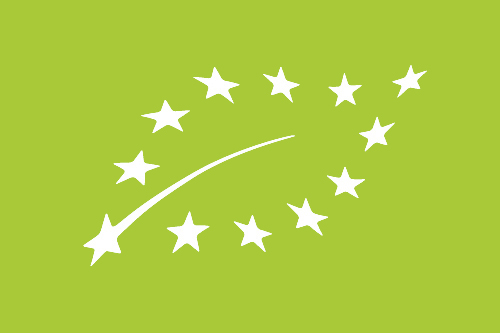
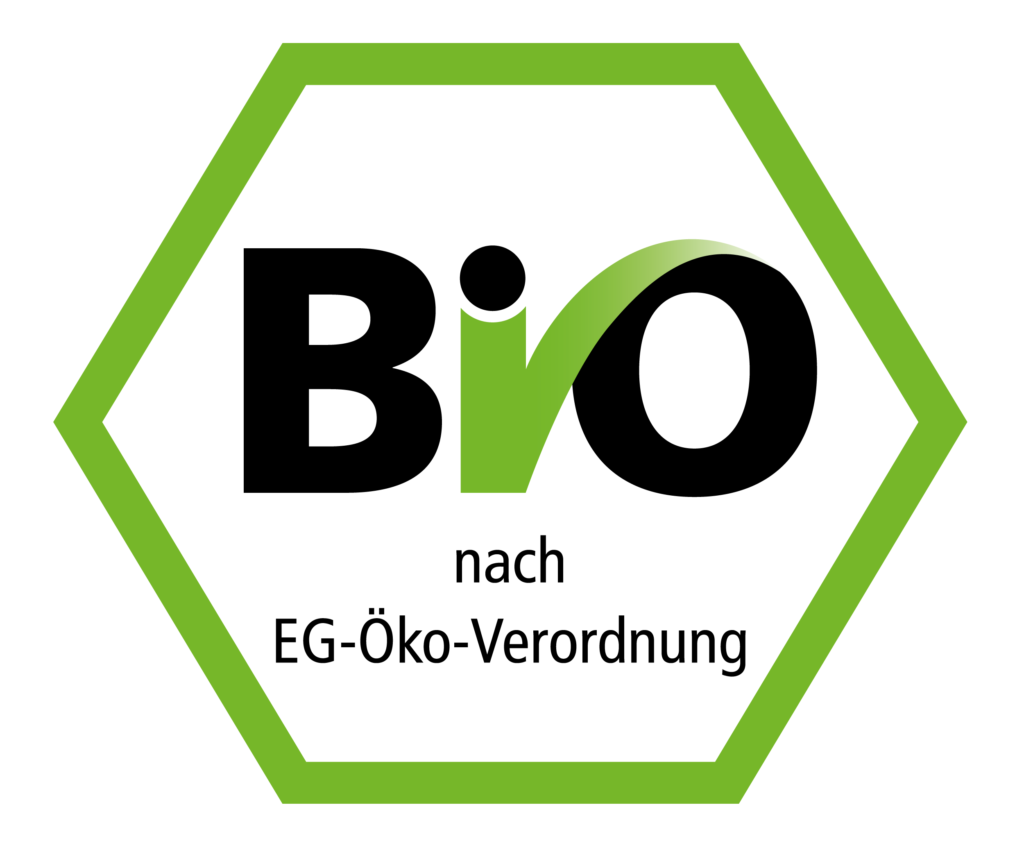
Myth 1: Organic food is healthier than conventional food
The fact is that organic food is usually grown without the use of pesticides and chemical fertilisers. In contrast to conventionally grown foods, they therefore have fewer residues of chemical plant treatment agents. However, the differences in residue levels are so small that they are unlikely to have a physiological effect, says Felix Prinz zu Löwenstein, Chairman of the Board of BÖLW. The nutrient content of a food product also depends on the quality of the soil, the cultivation method and other factors.
The organic label does not indicate which product is healthier than the other, or even whether it is healthier at all. Because this "only" indicates a certain quality standard in the production method. It does not indicate to what extent a product is good for health or not.
Are Wacker products not so healthy then?
At Wacker, we have been developing food that is as original as if you had cooked it yourself since 2017. Even if organic doesn't automatically mean healthier products, we attach great importance to these quality characteristics and try to implement them as best we can in our company.
We are honest, whether with or without the organic seal, our food is healthy - because it is natural. We really pay attention to the composition and processing of the ingredients in every single one of our products. We believe that flavour enhancers, additives, preservatives, artificial sugar and cheap fillers have no place in food, which is why we don't use them. In the same way, we have deliberately chosen the gentle puffing method for our fruit and vegetable snacks. This drying method is not only much faster than the well-known freeze-drying method, but also consumes less energy, the fruit and vegetables are much crunchier and retain all their nutrients. This makes them durable, but above all healthy snacks!
Myth 2: Organic is more expensive
"Organic is not a price decision. Organic is a quality decision," says Michael Radau, founder and CEO of the Superbiomarkt retail chain from Münster.
For products and foodstuffs to be allowed to bear the organic label, strict guidelines must be adhered to in the cultivation and processing of the foodstuffs. Organic companies, for example, keep precise records of what they have bought from whom and sold to whom, so that the trade chain can be traced back precisely to the producer.
Conversely, such a farming method means a special effort in land management and a higher labour intensity in processing. The additional workload is ultimately reflected in the price of the product: this is why organic food is often more expensive than conventional food.
But: "Organic food has not become as expensive as conventional goods", says Thomas Els, consumer analyst at the agricultural information service AMI.
One reason for the price increase of conventionally grown or processed food is the rise in energy prices and the cost of artificial fertilisers. Since no artificial fertiliser may be used for organic products, some farmers have less cost increases. In some cases, organic food prices were already at a higher level before, so producers now have less to make up for.
Especially for fruit and vegetables, there are hardly any price differences in some product groups, such as apples and bananas. In contrast, the organic surcharge in the meat sector is clearly noticeable for the consumer.
Product prices at Wacker:
We also focus on the fact that organic food is not only about price, but also about quality. Because if you're spending more money than usual, then the quality should also be right, at least that's our opinion. Admittedly, not all of our products are available at bargain prices, but since our launch in 2017, we have not seen any major price increases like other food companies and brands that we come across every day when shopping in the supermarket.
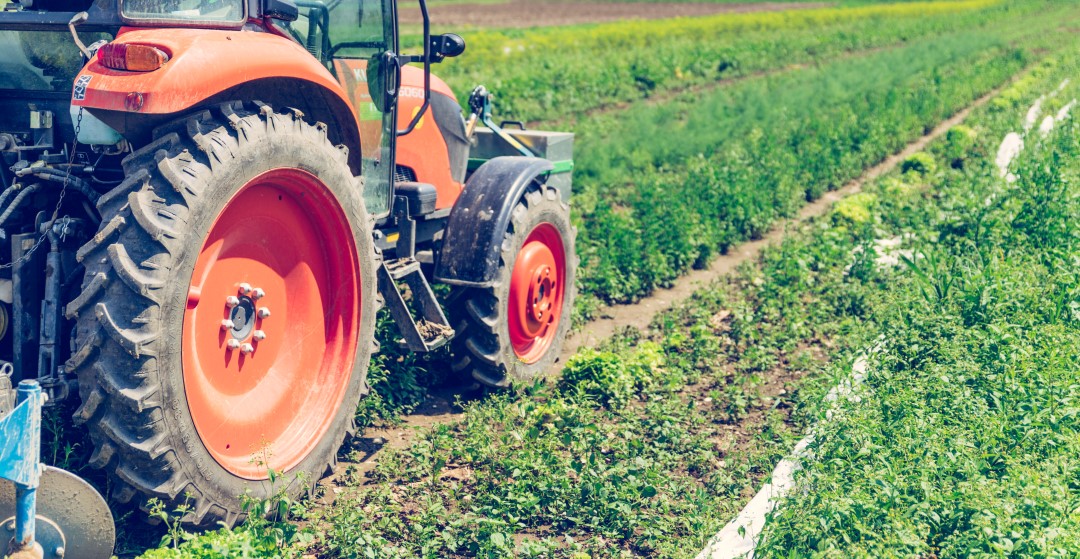
Myth 3: Organic is regional and sustainable
Unfortunately, this is not always the case. Furthermore, it is also very alarming that supermarket shelves increasingly contain a lot of imported goods. The experts of the Agrarmarkt Informations-Gesellschaft (AMI) report that nowadays already every third organic potato comes from abroad and not from Germany.
The organic products are supplied from all corners of the world, including India and China, Argentina and Peru or Australia and Ethiopia in addition to Europe.
The climate footprint of organic food is often controversial. Bioland President Plagge believes that regional value creation should be the priority for organic. For him, it does not make sense to import potatoes from Egypt that have to be irrigated intensively. With the right framework conditions, Germany could cover its own demand for organic potatoes.
Advisor Herrmann shares this view. He says that products from the region are usually better than those that come from 3,000 kilometres away. Nevertheless, an apple from Argentina is not necessarily worse in terms of its carbon footprint, especially when it is harvest season there. He points out that apples from South Tyrol, for example, are stored in cold storage for months and consume large amounts of energy in the process.
Christiane Huxdorff of Greenpeace is an expert on sustainable agriculture and believes that organic farming is better for the climate because it releases fewer climate-damaging gases such as carbon dioxide and nitrous oxide. So in the long run, "organic" protects the environment, soil, water and biodiversity, thereby ensuring us longer food security.
Regionality and sustainability at Wacker:
These two big terms are also very much on our minds. In principle, sustainability and regionality have no end. It is an ongoing process and also our goal to become more and more sustainable and regional. Starting with our food packaging to the production and origin of our raw materials. Ideally, we would like to source all our raw materials from Germany. However, due to seasonal restrictions, higher costs and other factors, this is unfortunately not always feasible. Our oat flakes, for example, come from Austria and are contained in almost all of our mueslis. They therefore make up a large part of our product, which makes us very proud. Do you already know all our mueslis? Then take a look at www.bleibwacker.com and get your tasting package at home.
For all these reasons, we also bear the organic seal and are certified. But for us there is much more behind it. We are not satisfied with the legal requirements for the organic label, but pursue goals that go beyond the organic label to make your life as healthy and easy as possible and to use the resources of our planet sensibly and sustainably.
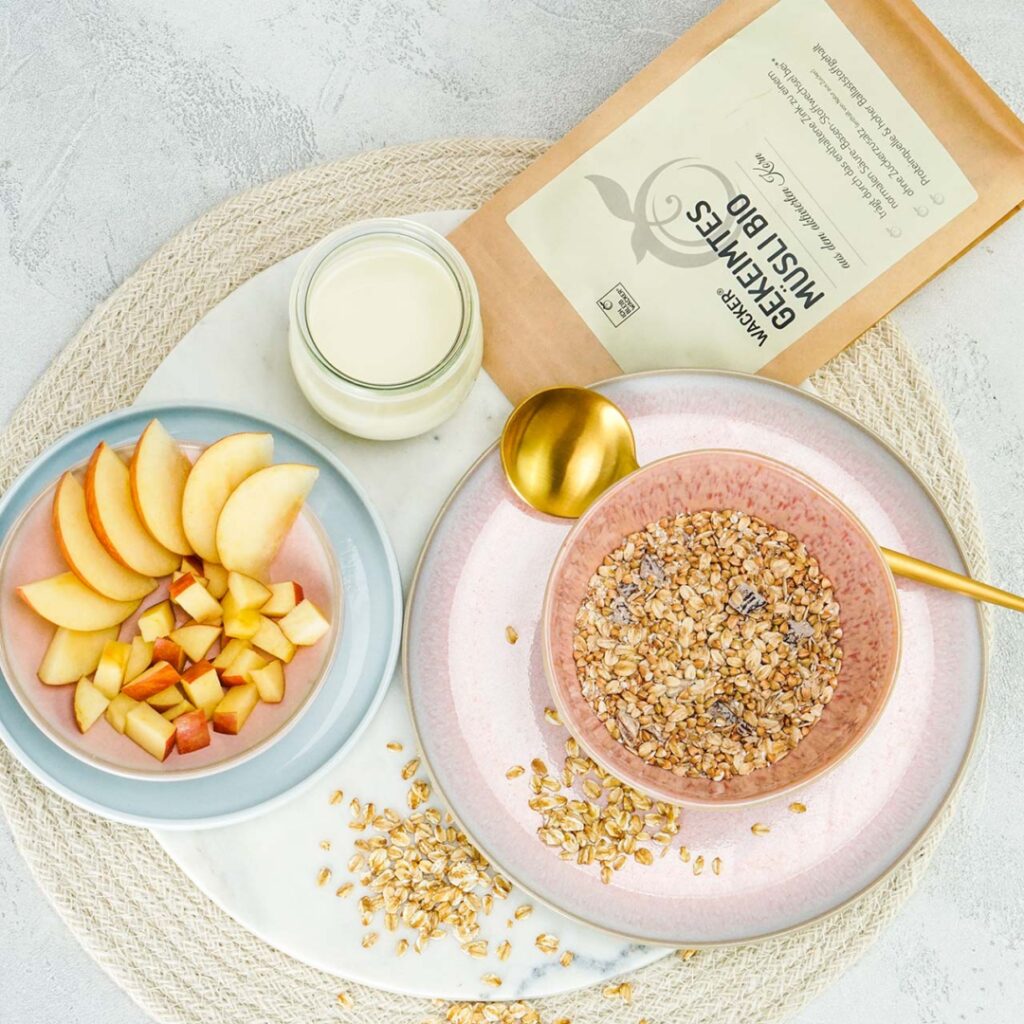
Order your trial pack of Sprouted Muesli now!
Should we only buy organic from now on?
Yes and no. In fact, organic is not the better choice in every case.
When it comes to fruit and vegetables, our focus should be on seasonal and regional produce. Even goods labelled as organic do not always stand for regionality and sustainability, even if we associate these quality features with the organic label as a matter of course.
Organic is the better option for cereal products, as well as for animal products. The organic seal indicates that the products were produced without the use of genetic engineering, that chemical fertilisers were not used and that animal-friendly and species-appropriate husbandry was ensured.
Behind the organic label are good, animal-friendly and health-promoting values and measures that should be the claim and standard of all food grown and produced. But in the end, it is up to everyone whether they buy organic, from the farmer in the village or conventional food from the supermarket... However, due to the other rising food prices, the price is probably no longer a reason to decide against organic.
Sources: BMEL, Europe.eu, NDR, Utopia, Organic farming, World, Greenpeace
Organic food image: Adobe Stock, Jacob Lund, #460359613
Image Tractor: Adobe Stock, Patrick Daxenbichler, #215507801
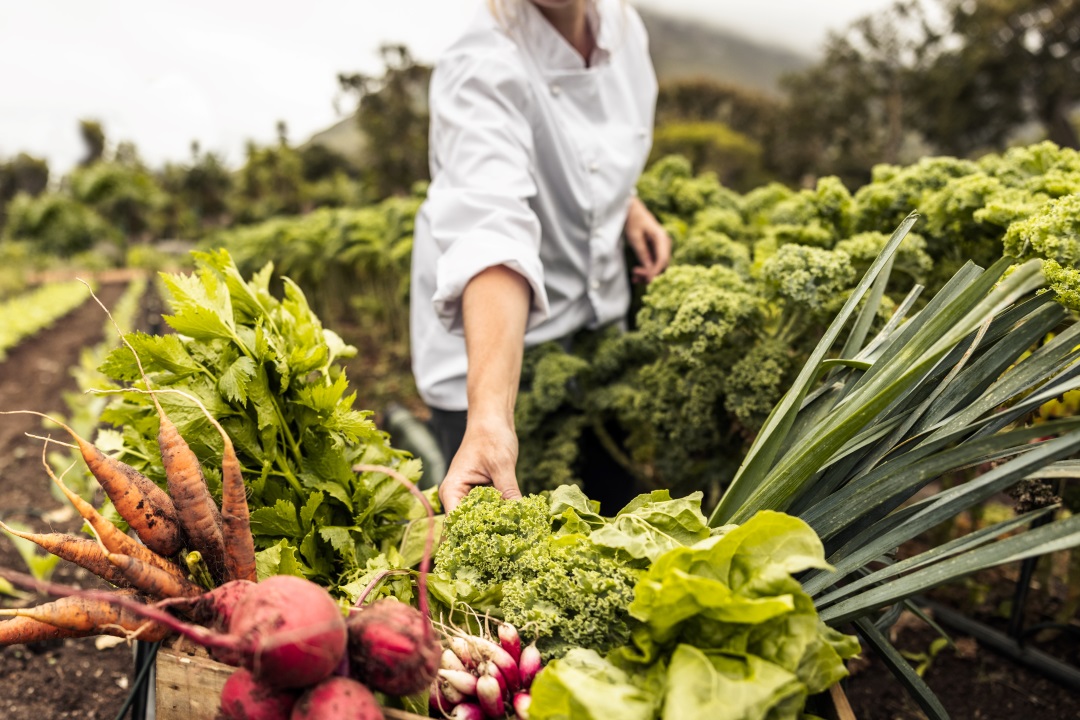
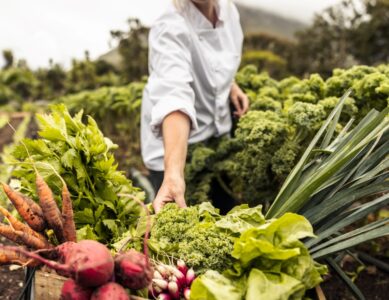
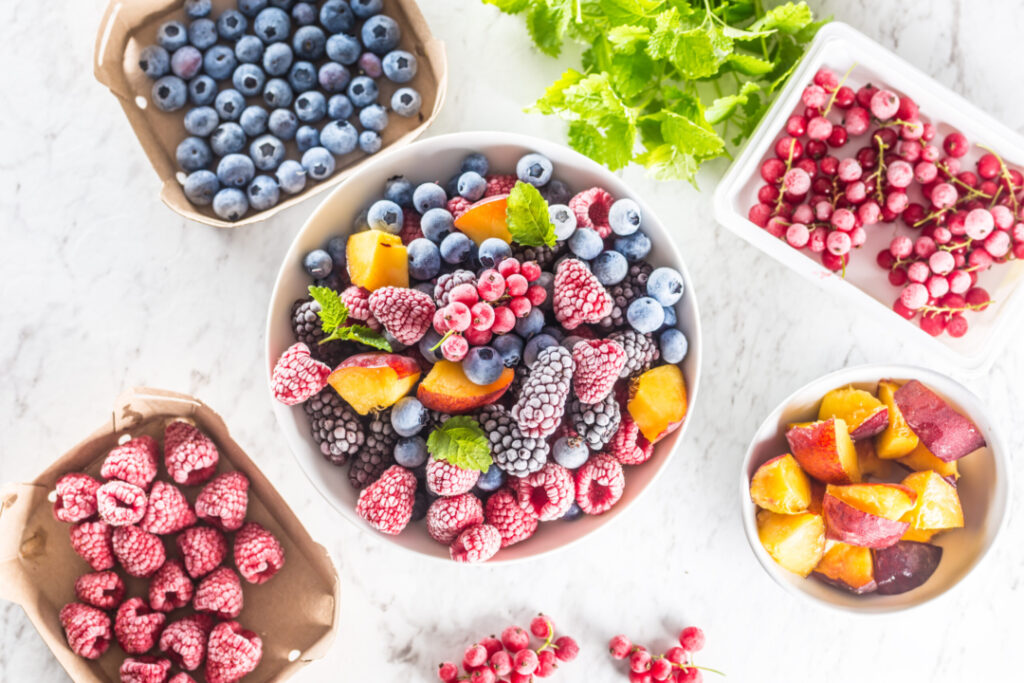
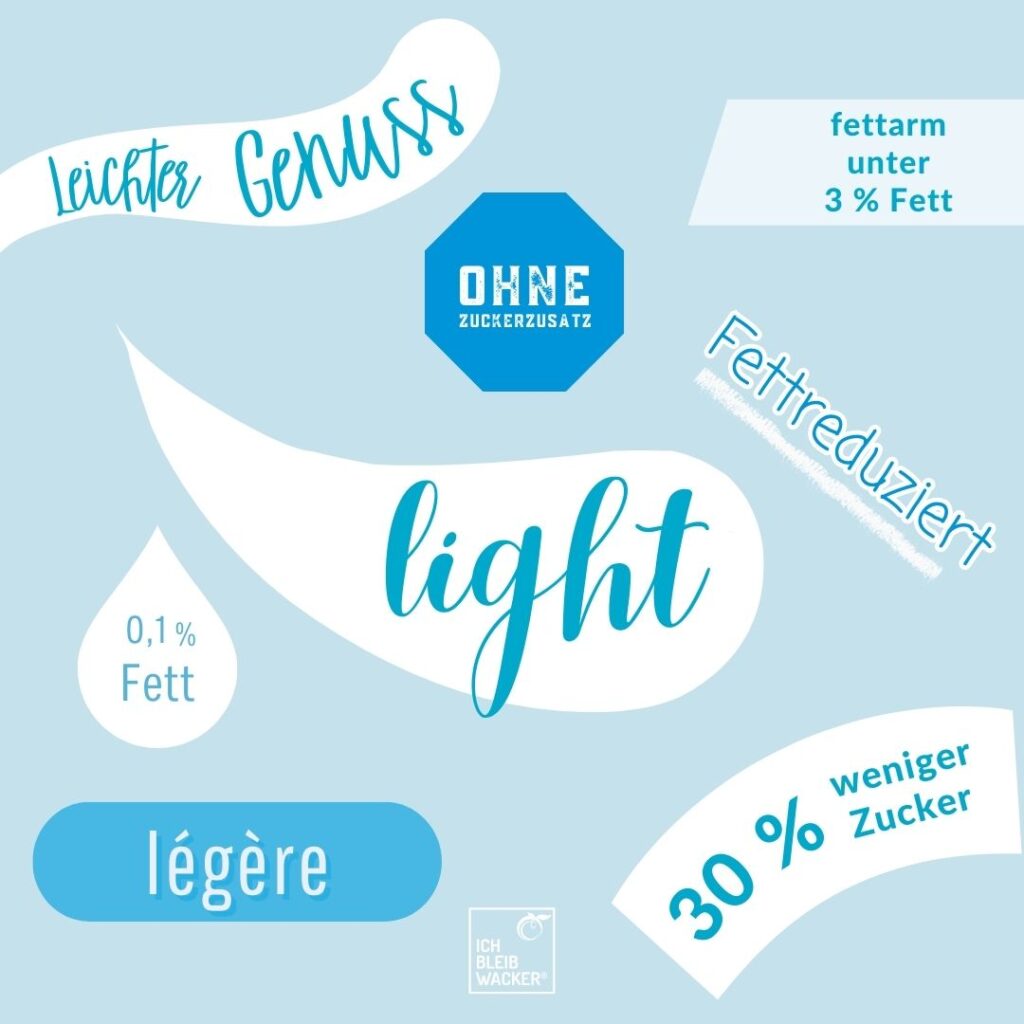
I am really surprised that the article about organic food from the supermarket does not mention Bioland and Demeter once. There are enough fresh and healthy products of these in the organic food shop or at the local weekly market. An article that doesn't even mention the current best form of food, what a pity! Unfortunately, people don't go to the organic food shop! If they did, they would stop going to the supermarket, and a supermarket without customers would probably switch to Bioland, Demeter and Naturland pretty quickly if people only bought that! So an explanation of the difference between EU organic and Demeter and Bioland would be very helpful in informing people about healthy organic food. With this article, people continue to remain uneducated. A great pity.
Dear Ilona,
Thank you for your comments on our article. We appreciate your comments and would like to respond to them. We are sorry that we did not sufficiently address the different standards and understand how important these aspects are in terms of making conscious food purchasing decisions. Our main aim in writing this article was to provide a general overview of organic food in the supermarket. We wanted to show that the organic label alone is not enough to evaluate whether a food is healthy, local and sustainable. Thank you for your feedback. We will try to provide more comprehensive information on the topic in the future.
Kind regards Maren